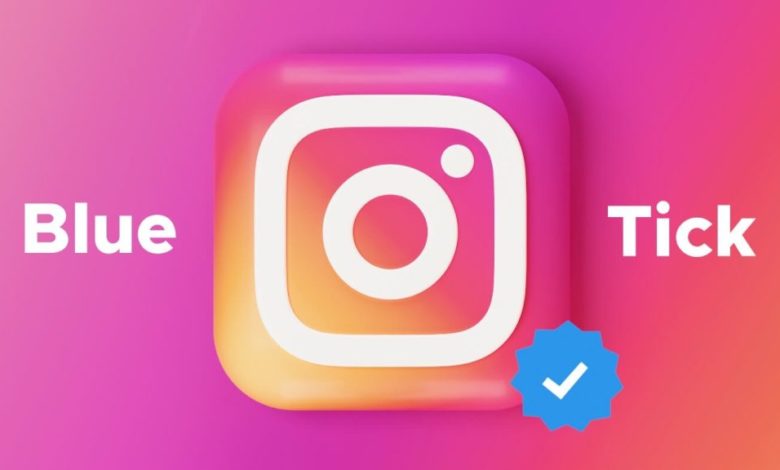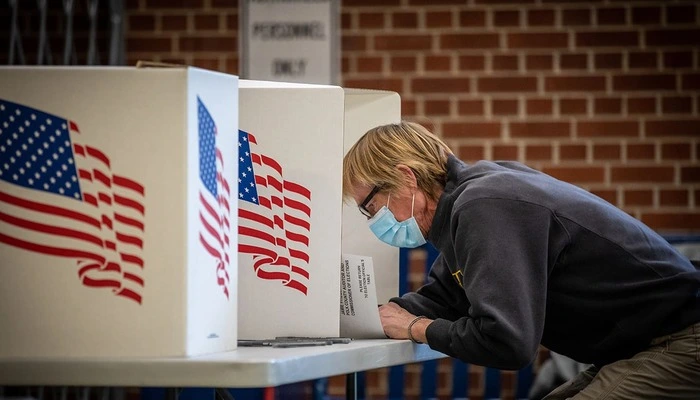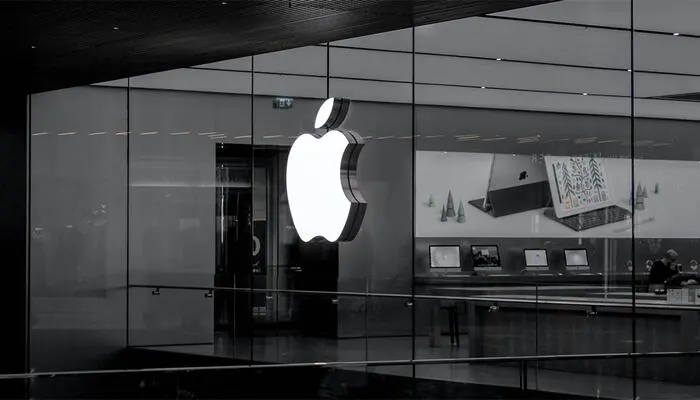Pad “Blue Tick” likely to be introduced on Instagram

The introduction of a paid verification service, allowing users to receive a blue tick next to their name, may soon be rolled out on Instagram, according to reports.
The feature was reportedly discovered in the app’s source code by a developer and reverse engineer, Alessandro Paluzzi.
This speculation comes just a few months after Twitter introduced its own verification feature, ‘Twitter Blue’, which also offers a verified badge for a fee. It is thought that the same feature could be rolled out on other platforms owned by Meta, as references to a paid blue badge were also found in Facebook’s latest build.
The blue tick service is currently only given to high-profile individuals and well-known organizations, which has resulted in a multi-million dollar market for verification through illicit means.
Twitter currently charges $8 per month for its Blue subscription, which includes the verified badge, in countries such as the US, Canada, and Australia.
If Instagram were to introduce a similar feature, users would be able to purchase a blue mark on their profile for a fee.
However, the initial rollout of Twitter’s paid verification system was not without issues, particularly with regards to impersonation.
It remains to be seen how Instagram will address these concerns, should it decide to roll out its own paid verification service.
At present, there is no indication of when the feature will be made available or what the fee for the service might be, but it is estimated that it could take up to six months to be introduced and could range from $5 to $8 per month.
The news of the potential introduction of a paid verification service on Instagram comes at a time when Twitter is set to expand its own service to other countries, including Pakistan.
With the recent loss of advertising revenue experienced by companies such as Meta due to Apple’s App Tracking Transparency requirement, a paid verification service could offer a new source of revenue for the platform.
However, the introduction of such a service will likely be met with skepticism from users, particularly given the history of problems associated with paid verification on other platforms.














